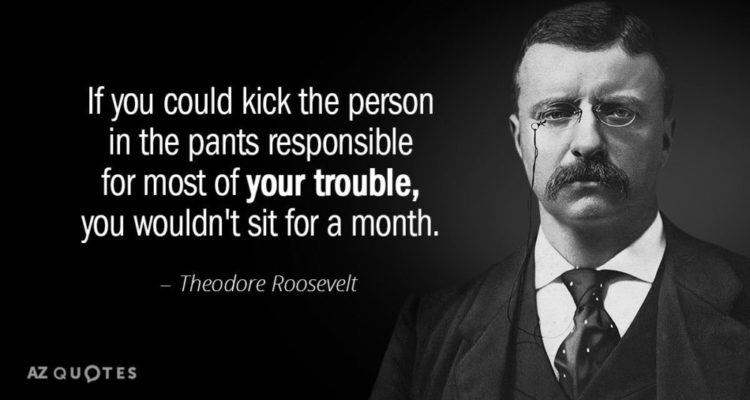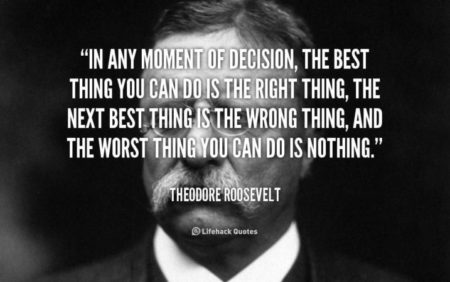Military leaders are familiar with the “fog of war”, which refers to the need to make difficult decisions risking lives in the absence of full and clear data. They accept that some of those decisions will prove to be mistakes in hindsight. As the quote from TR makes clear, the courage necessary to make such decisions is not confined to war.
President Trump was correct to liken the coronavirus fight to a form of war. I maintained that we needed a military- style response from the beginning. There will be plenty of time in the future to debate whether the early response to the crisis was sufficient. However, the bickering and indecision in Washington over the past week is inexcusable.
We begin with Trump’s delay in utilizing the Defense Production Act’s powers to force production of vital medical supplies. The President invoked the Act over a week ago, but dithered in actually using it until now, apparently over the misguided idea that industry could be coaxed to respond and that competition was better than government mandates. The US Chamber of Commerce also reputedly opposed forcing production under the DPA because of concerns about “red tape”. In short, the inconvenience of complying with government restrictions was worse that the potential loss of lives.
As TR knew, indecision and uncertainty in a time of crisis will only produce chaos. The federal government needs to provide not just the financing in the economic stimulus package. Industry also needs the certainty in demand and direction in supply to quickly and efficiently gear up to produce the needed medical supplies. Indeed, compliance with a DPA order would effectively shield business from liability lawsuits that could arise out of the inevitable disputes over allocation decisions. Otherwise, the bidding war between the states for supplies will drive up the cost to the government and allow business to unconscionably exploit temporary monopoly power. At a time like this, the federal government should insure that industry directs its attention to the needs of the country as was done during World War II, not the maximization of their own profits.
Speaking of misuse of power, the partisan maneuverings on Capitol Hill are almost as sickening as COVID-19. The stimulus and aid bill should include more targeted protections for workers and a limitation on stock buybacks for at least a year after loans are paid back. In addition, a higher antitrust standard limiting mergers and acquisitions by aid recipients during the same period should be considered. The suspicions built up over the last few years between the White House and Congress also call for the maximum amount of transparency in the aid package. However, the attempt by Democrats to hijack the bill to add pet climate change and social welfare projects betrays their professed concern about aiding workers and the health care system. Republicans need to concede to the worker protections directly related to the virus response and Democrats need to drop the irrelevant riders. Otherwise, this indecision on Capital Hill will cost them the respect of the American people as well as lives.
The fog of this war against COVID-19 requires our leaders to exercise courage in the war itself and restraint in dealing with each other. TR was capable of delivering swift and cutting insults to his enemies in private, but remembered the need to cooperate in public to address a crisis. Our current leaders need to do the same.



